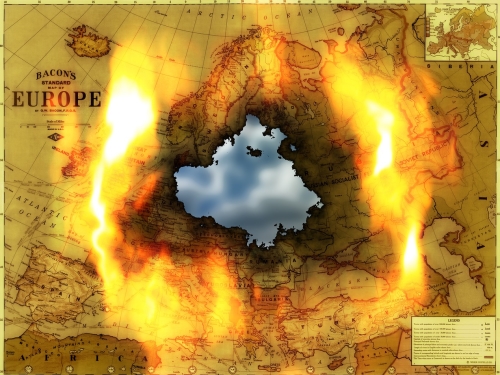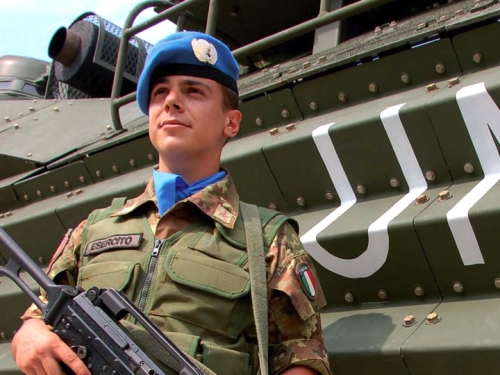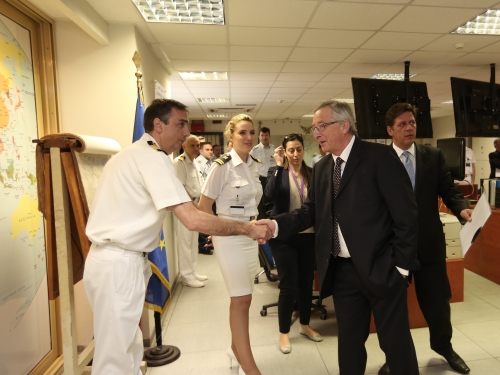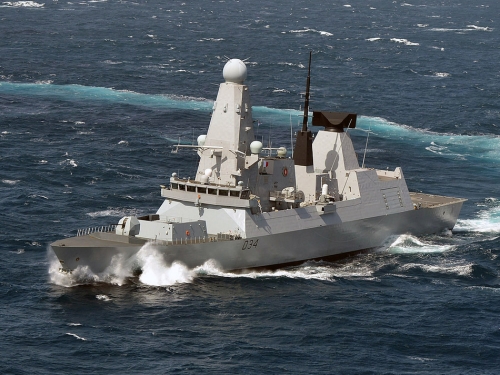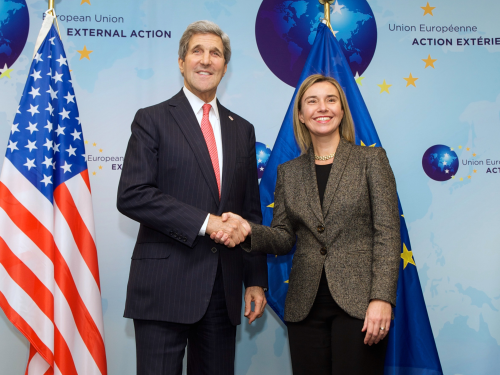
This article was originally published by LSE EUROPP, a blog hosted by the London School of Economics, on 24 June, 2015.
At the start of her term as the EU’s High Representative for foreign affairs, Federica Mogherini moved her office to the Berlaymont building, home of the European Commission. This move was part of her proposed strategy of working more closely with the European Parliament and the Commission and as such was an indication that the new EU foreign policy chief was not going to be catering simply to the Member States.
Since the start of her term she has been faced with growing instability both inside and outside Europe, which demand both short-term crisis responses and long-term strategic revisions. To what extent has Mogherini’s strategy of working more closely with the EU institutions in formulating EU foreign policy been prevalent in what she has done so far as the EU’s High Representative?

